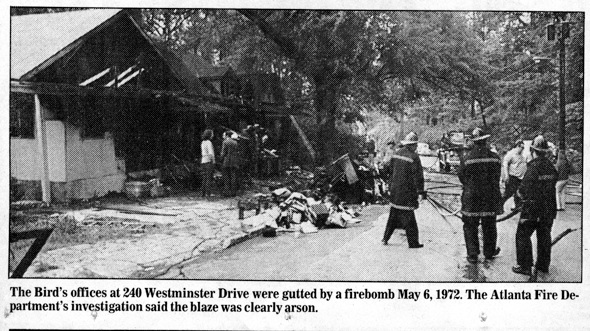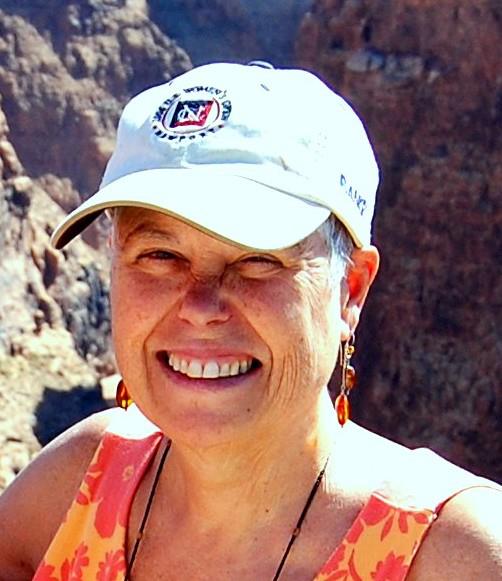 “The civil rights movement did not spring up whole cloth in 1960. Rosa Parks was not an isolated individual too tired to stand on the bus. She belonged to a network of political and social justice organizers who had worked for several decades laying the groundwork for the sixties and seventies. The older experienced foot soldiers for social and economic justice gave us the advantage of history.”- Sally Gabb
“The civil rights movement did not spring up whole cloth in 1960. Rosa Parks was not an isolated individual too tired to stand on the bus. She belonged to a network of political and social justice organizers who had worked for several decades laying the groundwork for the sixties and seventies. The older experienced foot soldiers for social and economic justice gave us the advantage of history.”- Sally Gabb
Sally Gabb told me she recently wrote a chapter in a book; she died earlier this summer. After her passing, I started looking for her writings. I heard in a movie, “You can still learn from someone when they’re gone.” It’s true.
The late Sally Gabb, a human rights activist, journalist and teacher, always talked about the importance of working in community to achieve change and connection. I connected with Sally and her wife Beth at our Unitarian-Universalist congregation, Bell Street Chapel in Providence’s West End. She was fascinated by the role of the unconscious in our actions, and was leery of big talk that overlooked the day to day work that makes experiences real and connected (and hard to achieve).
As she told Options Magazine, “While it’s great that stores like Target sell shirts that proclaim “girl power,” we need to make sure such commercial hijacking of slogans doesn’t invalidate actual work – politically, socially, legally – to achieve an end to discrimination against women.”
In the book Sally contributed to, Voices from the Underground:Insider Histories of the Vietnam Era Underground Press, she recounted successes and struggles at an alternative paper, The Great Speckled Bird, she and other radicals wrote for in 1970s Atlanta. At its peak the paper had over 3,000 mail subscriptions and 20,000 circulation copies per issue. Topics ranged from music culture to foreign policy, from the Black Panther Party to desegregation, from socialist politics to feminism.
She wrote, “The Bird’s midwives were, naturally, a collection of current or former graduate students. Who else has been so groomed to take themselves so seriously? Budding historians philosophers they were, mostly men, with women in the shadows, women on the brink of bursting forth to be heard. They were men and women joined by a certain lesson: The South.”
For Sally, what made The Bird fascinating was it’s struggle to run itself like the ideals it professed- attempts at collective leadership, independent leftist politics, shared work (from the tedious task of labeling to strategy brainstorming), the Progressive stream of Southern history, rock and roll, gay liberation, anti-war.
“Atlanta police, for various reasons,” according to the New Georgia Encyclopedia, “arrested people selling the newspaper on street corners, on charges ranging from jaywalking to distributing pornographic material. City building and fire inspectors routinely visited the house on Fourteenth Street in which the staff worked, and schools banned the publication from their campuses. In 1972 the Bird’s offices were firebombed.”

The Bird was an attempt, as she put it, to “run an enterprise against capitalism.” It was collectively run, and tasks were rotated but not everyone agreed on all issues- political or design. Sally notes, “We did establish policies that would draw the line at advertising that blatantly contradicted our politics. The choices weren’t easy however. The Bird was heavily supported by advertisements from so-called “Hippie Capitalism” – the clothing stores, head shops, and music related businesses that knew they could reach consumers through our pages. Such advertisements often appealed to traditional male domination, and to the view that women exist as sex objects for men.” I’m reminded of the back pages of the defunct Providence Phoenix.
Looking back, she said there were some things very naïve about the work – but she was proud to have documented labor struggles, desegregation, the fight for a more equitable workplace (in the paper’s office and without), and to work with a group to create a community, however imperfect, committed to documenting and encouraging radical change. She was perhaps most proud to learn from and interview long-time labor and civil rights organizers who had been working for change in the South since the Depression.
After the Bird, Sally worked at a Lesbian Print Collective before “her life’s work of adult education.” I’m still learning from Sally.


